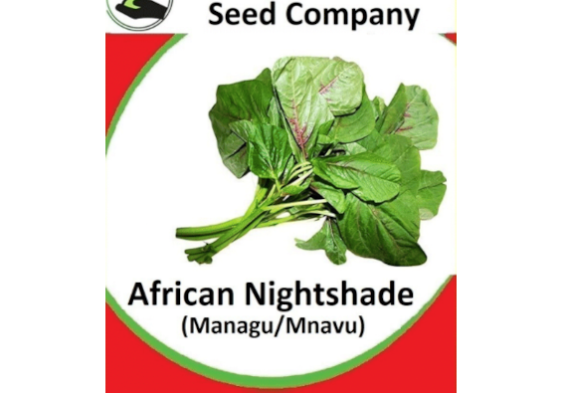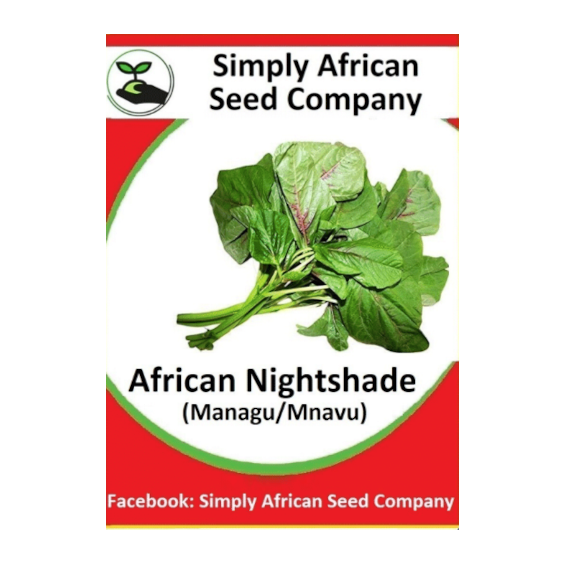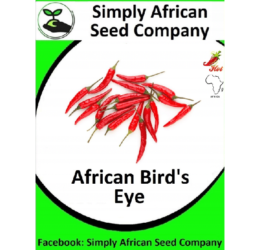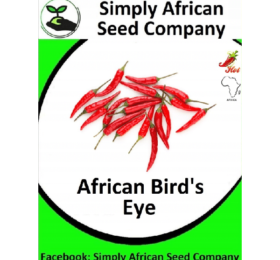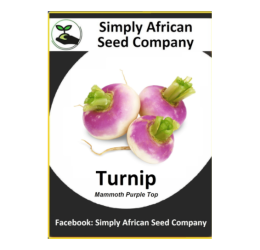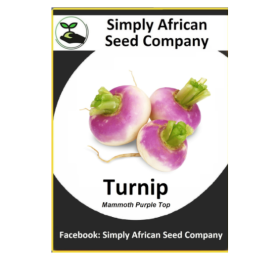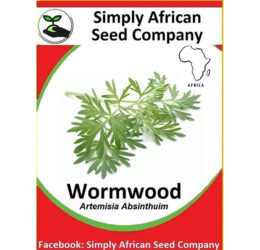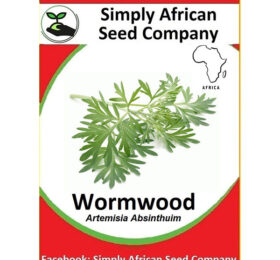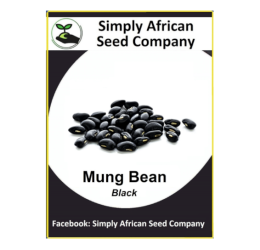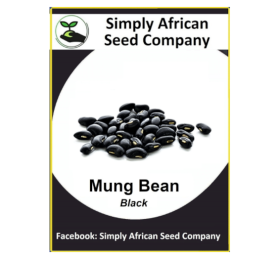View Our Categories
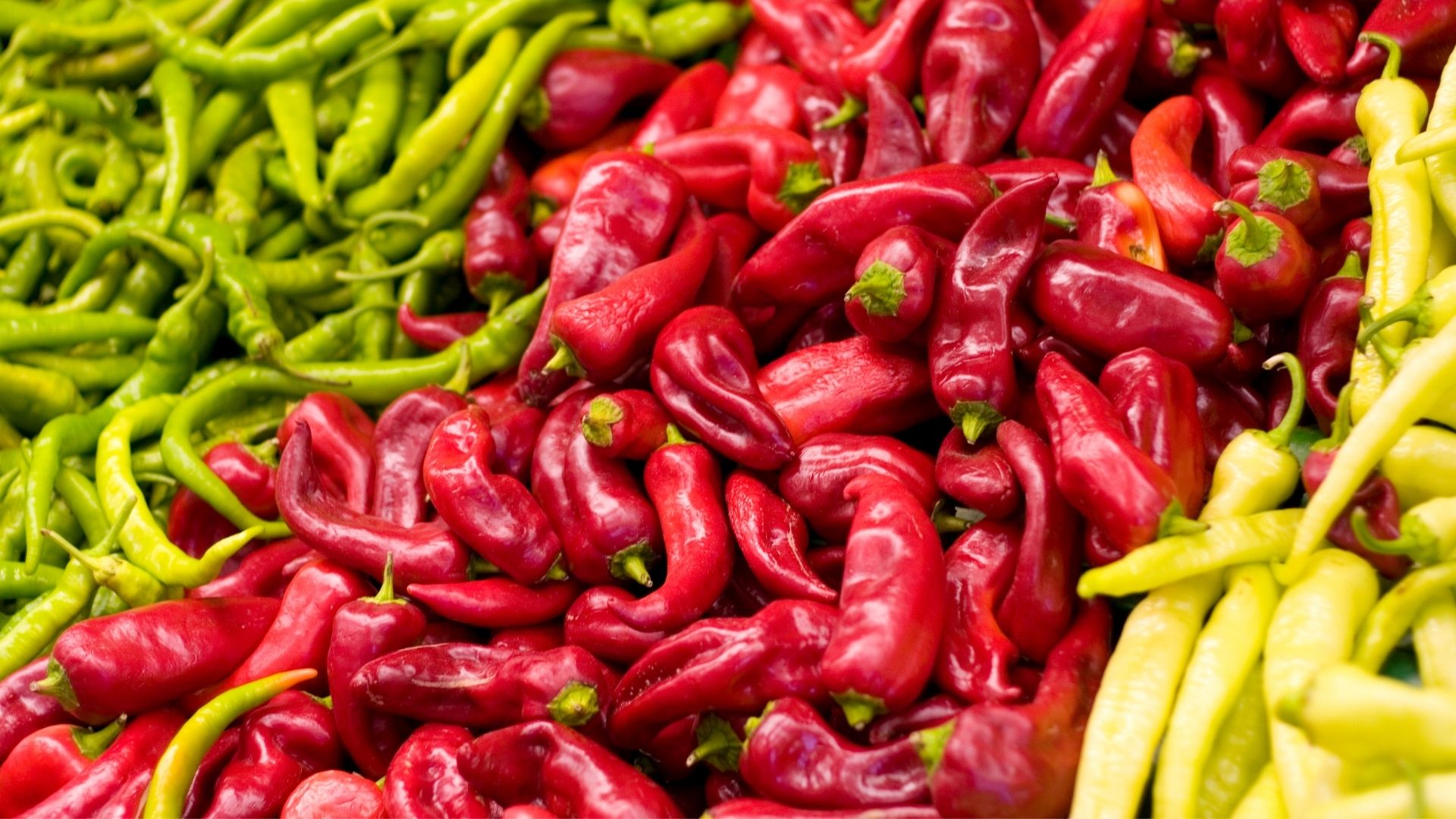 Chilli & Pepper Seeds( 89 Items )
Chilli & Pepper Seeds( 89 Items ) Vegetable Seeds( 90 Items )
Vegetable Seeds( 90 Items )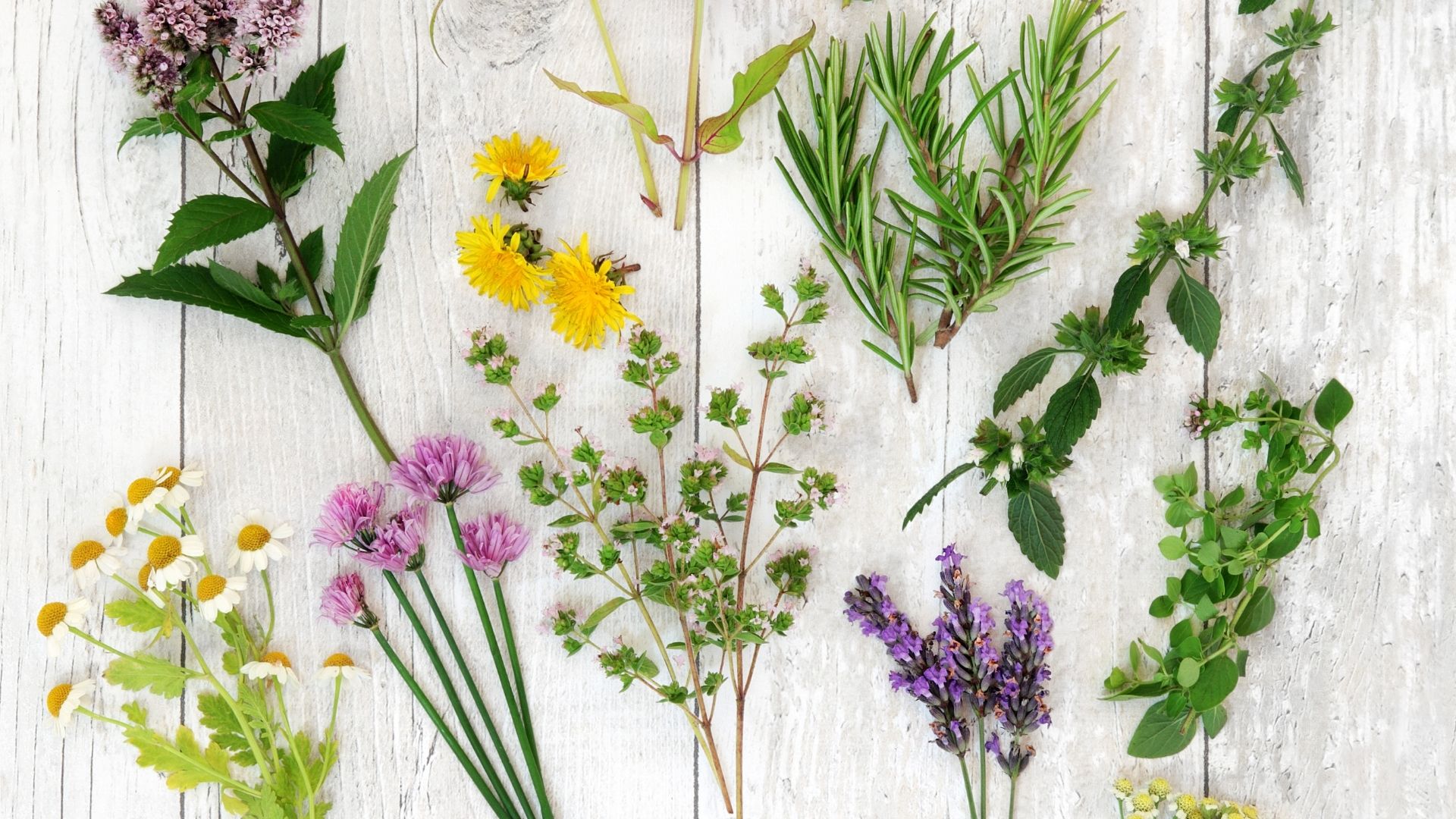 Herbs and Spices Seeds( 33 Items )
Herbs and Spices Seeds( 33 Items ) Legume (Beans, Grains, Pulses, Peas & Lentils) Seeds( 69 Items )
Legume (Beans, Grains, Pulses, Peas & Lentils) Seeds( 69 Items )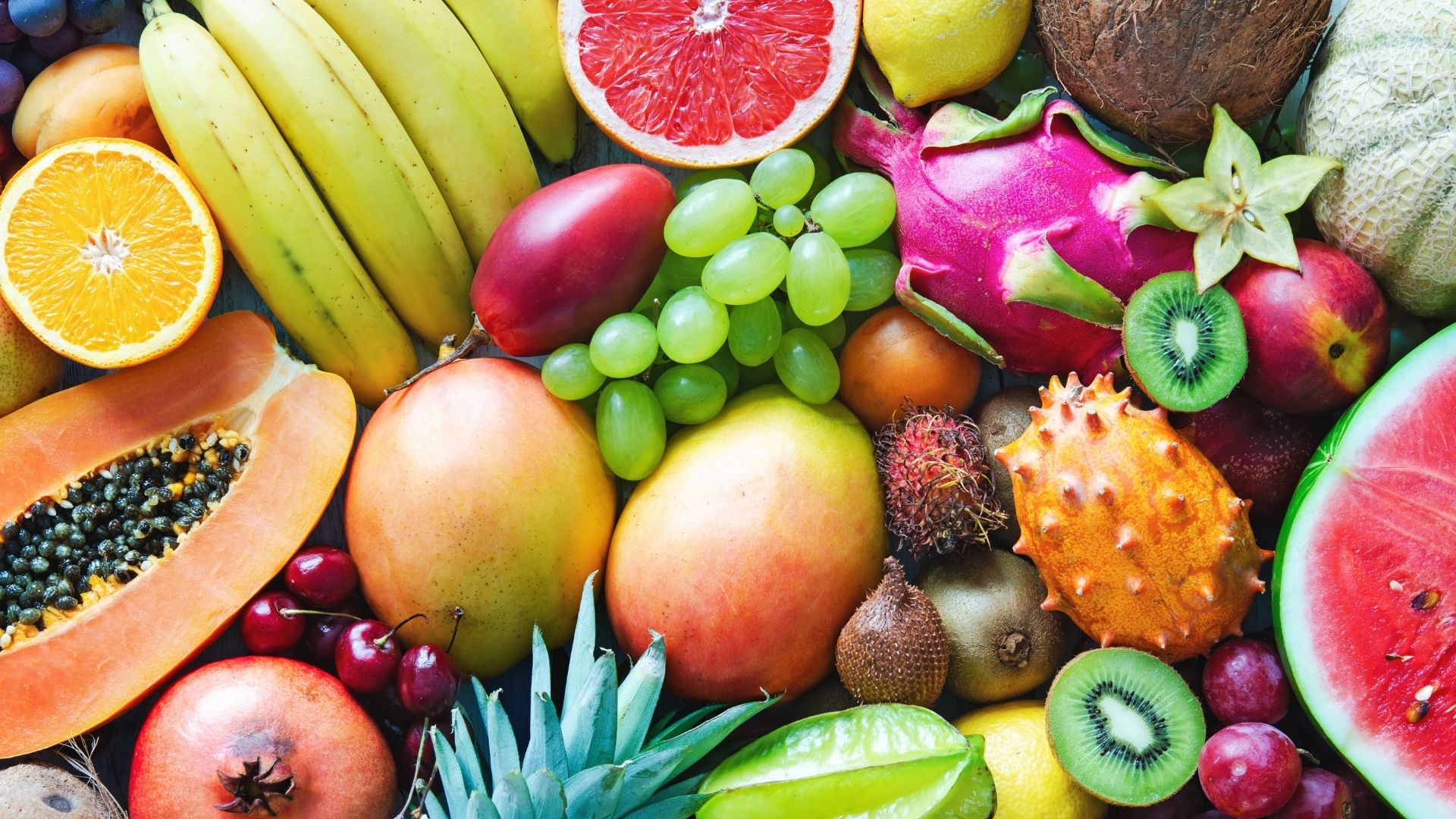 Fruit Seeds( 76 Items )
Fruit Seeds( 76 Items )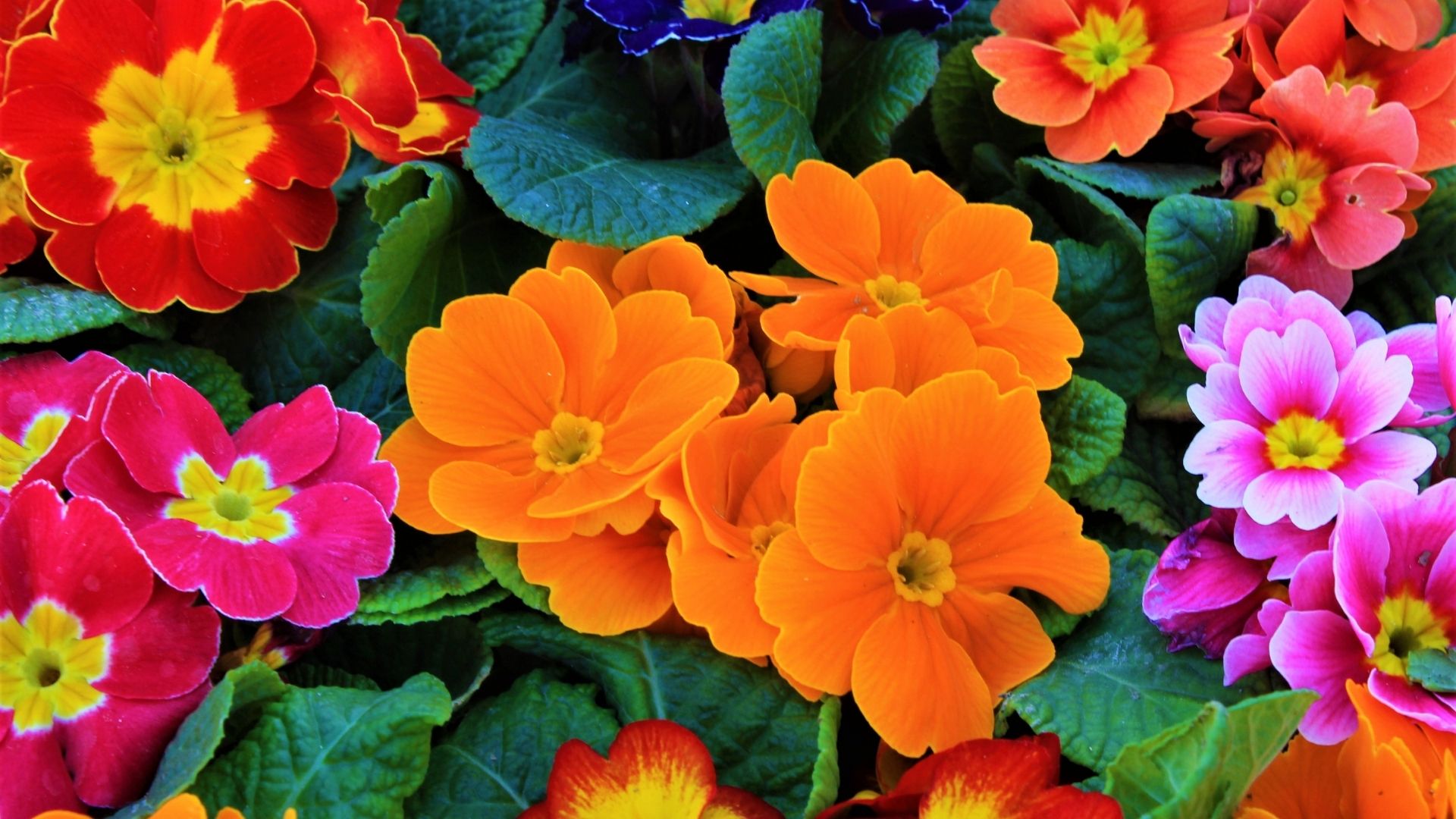 Flower, Tree or Decorative Seeds( 68 Items )
Flower, Tree or Decorative Seeds( 68 Items ) Tobacco Seeds( 3 Items )
Tobacco Seeds( 3 Items ) Succulent Seeds( 11 Items )
Succulent Seeds( 11 Items )
1-7 Working Days
Processed Delivery Times


